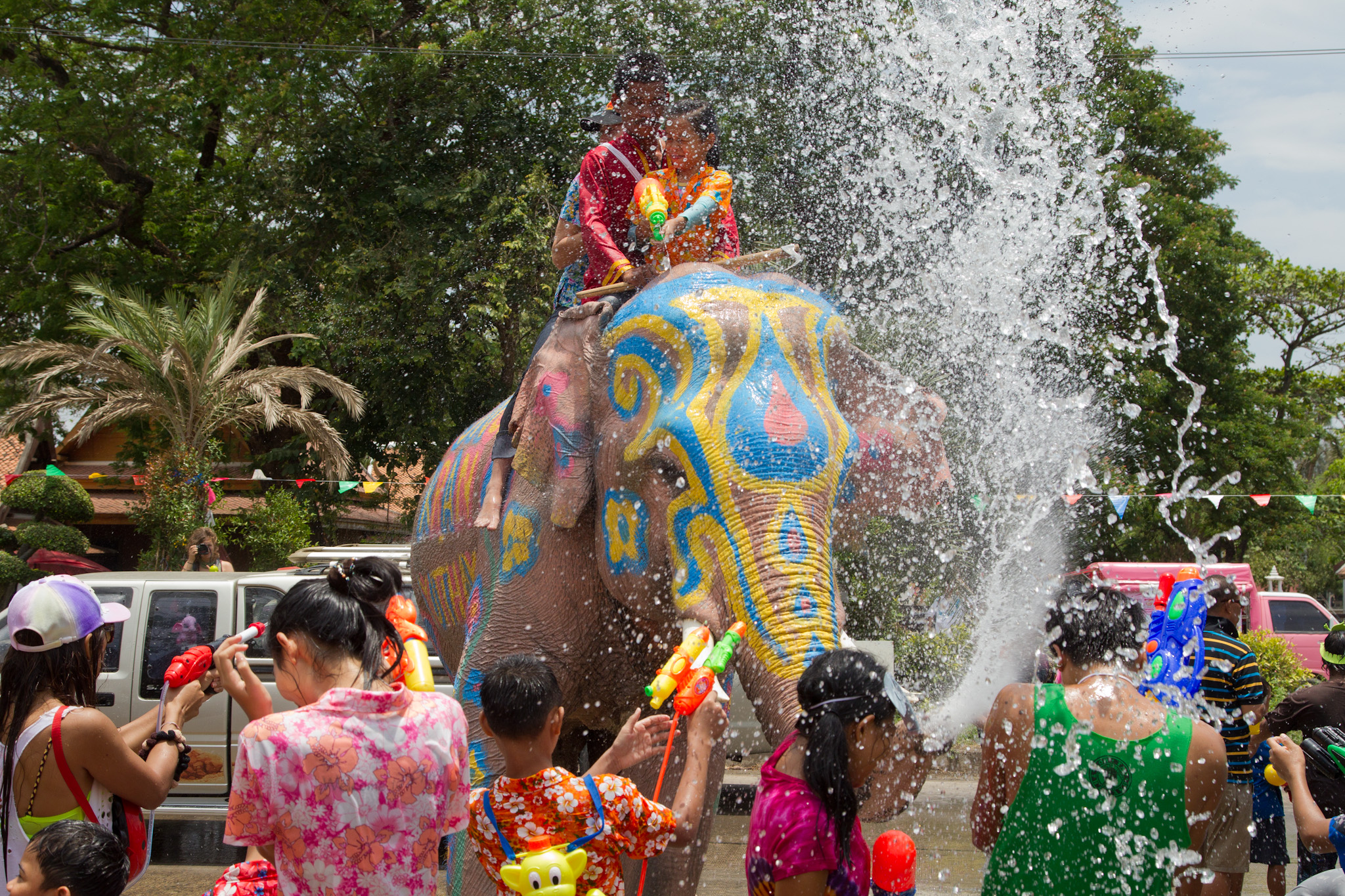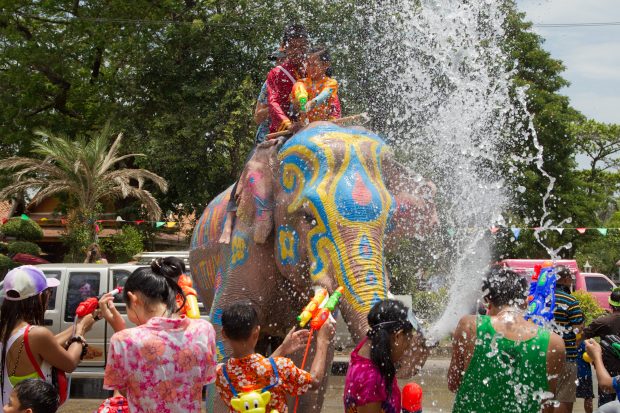
ASIA: Ageless in Culture and Infused in Surprise
Asia seems to always bring an exotic and unusual meaning to the minds of those who have not visited or not visited enough. That’s why, Asian culture has always been surprising for us. As a Turkish journalist, I am both thrilled and puzzled by having been exposed to the culture set I used to watch on the TV screens during my time living in the Philippines and Thailand. I lived in Manila for almost five years. Coming from Turkey, a predominantly Muslim country, I came to know that approximately 10 million Muslims live in the Philippines. Before going abroad, my knowledge and perception of Christians and Christianity were limited by the rare sights of a church on a television screen or idle
talks among colleagues. Once you pass the immigration and step into the Philippines, you come to know that people are no different than you and me, yet you know their faith is different than yours. However, having a different faith does not lead you to face many of the usual difficulties.
Even though the Philippines is 90% Christian and a popular destination for Christians venturing on religious and leisure tourism, you may be sure that you will not face any problem as a Muslim. In such a colourful country, Christmas is a massive event. In Turkey, people celebrate the arrival of the New Year either at their homes or outside with their friends. Christmas is celebrated in the Philippines on December 25th to commemorate the birth of Jesus Christ. As days countdown to December 25, you see streets teeming with people with lists in their hands and discussing which gift may go to whom, hurrying to complete their Christmas shopping. Gifts are packed on Boxing Day and people visit one another exchanging gifts until December 31. In case one has a large fanbase or hold a distinctive status, sometimes a room may not be enough to accommodate the Christmas gifts they receive: It is no wonder people may receive many gifts. They abound churches as families on December 25 and pray for forgiveness.
On the last day of the year in Manila around 6 pm, you hear the crackling of the first firework launched to the sky. Fireworks continue until 4 a.m in the morning. On through the night, people from all walks of life are busy buying and launching fireworks to illuminate the night sky; welcoming the arrival of the New Year. Concerts are held in front of shopping plazas and people usually spend the night outside to join in the entertainment. There are instances you may not see the night sky as the fireworks one after the other brighten everywhere. People have fun sensibly and before the dawn, they collect the night’s trash from the streets before going off to work. It is a very delightful experience to witness the New Year celebrations which you used to see on the television. As I mentioned, wherever you go in Asia, you will always have a thrilling encounter. After the Philippines, I moved to Thailand, another ASEAN country. I have been living there since 2010. It sure was a culture shock for me as I moved from a Christian-majority country to a Buddhist-majority one. It demanded quick adaptation both in language and culture. After living somewhere else for five years, once you move to another culture, you need
to relearn mostly everything. This is a very good opportunity of a new chapter in your cultural literacy; however, you should be attentive while learning and interacting with a new culture.
When you start driving towards Bangkok city center from Suvarnabhumi Airport, Buddhist statues welcome you. After a line of glittering golden temples, you are surprised to see an elegant mosque nearby. When you wonder and ask about it, you learn that 68-million Thailand has 6% Muslim population. Your eyes which got used to seeing churches across the Philippines have surprise as they observe Buddhist temples of assorted architecture. The saffron-robed monks whom you used to watch in movies are there in front of you, visiting shops before the dawn, collecting rations and exchanging blessings and prayer. People keep food and wait for the arrival of the monks every morning to have this ceremonial prayer and exchange of goodwill. It may be unfair to term Thailand as a Buddhist country only. While you think you may face difficulty in finding something delicate and permissible to eat as a Muslim, Thailand never fails to surprise you: You may notice that ‘Halal’ sign on a street food shop and have your food right there. In almost all shopping centers, you see prayer rooms allotted for Muslims. People greet you with smiles while walking down the street. Having visited almost all ASEAN countries, I may easily say that Thailand may be the least possible country where you may experience a cultural shock as a Muslim. I may write more in detail about Thailand in my forthcoming articles; however, let me now tell you a bit about the Songkran – the Water Festival which is celebrated annually on April 13-15 across the country.
Songkran is the traditional Thai New Year and is a religious festival that is celebrated by a three-day holiday. Even though the New Year is now officially celebrated on January 1, Songkran was the official New Year in Thailand until 1888. Thailand attracts approximately half million tourists annually only for celebrating the Songkran. People soak one another for three days and if you do not waterproof your electronics or other valuables, you will not have no right to get angry at people who will soak you ‘religiously’. For instance, if you dress yourself in a lounge suit but have to ride on a motorcycle because of Bangkok’s famous traffic congestion, you should set aside your optimism that no one will soak you because of your formal attire. Be assured that you will be drenched before you reach your meeting point. People of all ages participate in the celebrations. Even though it is a religious festival originally, Songkran has now become an intercultural and inclusive festival across Thailand. Buddhists visit temples in families and request prayers from the monks during the Water Festival, marking the New Year. Having lived in the Philippines and attended to the Christmas celebrations, and considering my attendance to festivals like the Songkran in Thailand, I think you too should hurry to experience the thrill of the cultural aspect of such festivals. Both the Philippines and Thailand have a wide spectrum of cultural and religious festivals appealing to multiple insights.
By Orhan Nuri



